Morrisons 'baffled' to be named UK's worst shop
New Which? survey seems to contradict findings of separate supermarket study in February
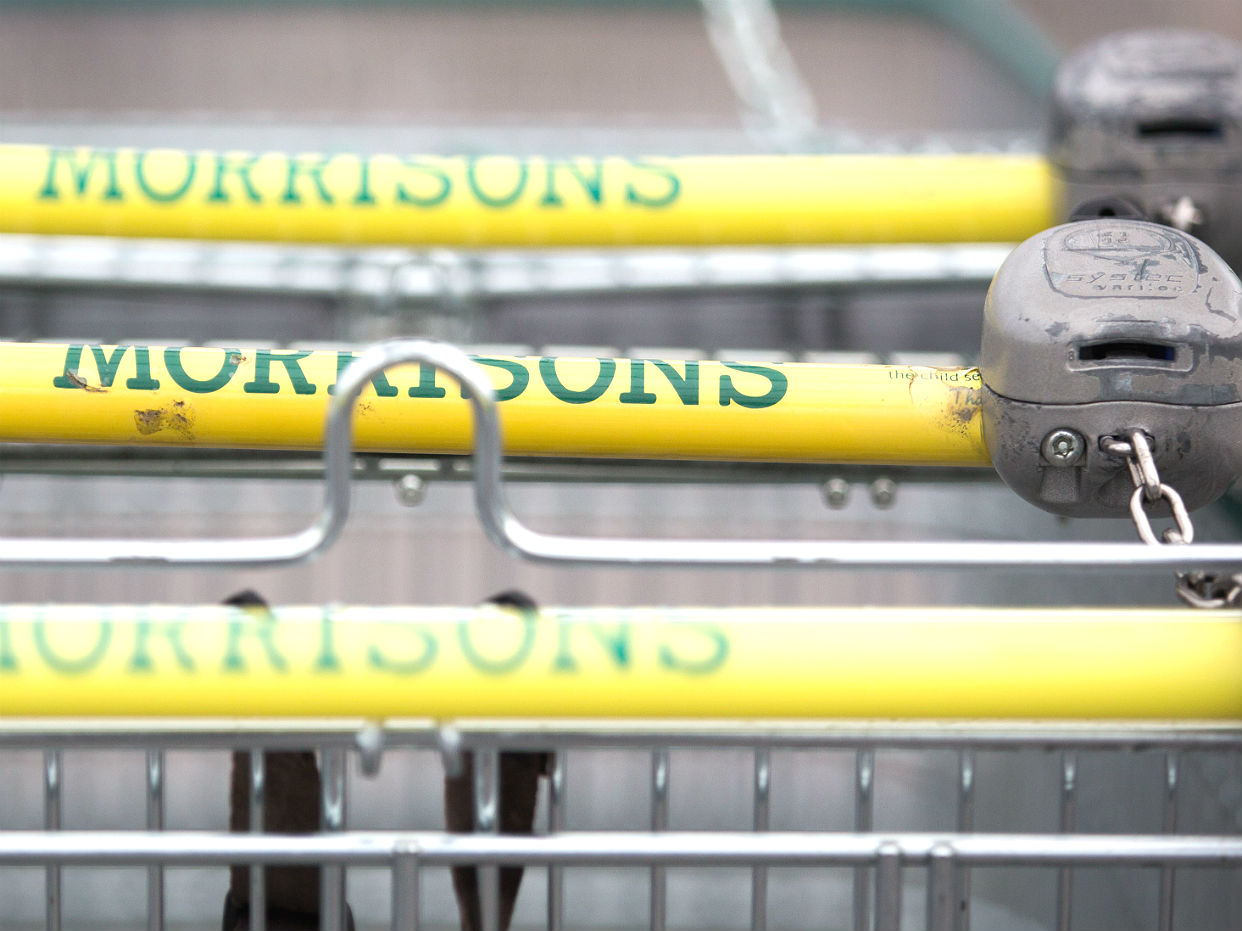
A free daily email with the biggest news stories of the day – and the best features from TheWeek.com
You are now subscribed
Your newsletter sign-up was successful
Morrisons to lose place among FTSE elite after 14 years
02 December
Morrisons, one of the three publicly-traded supermarkets in Britain's 'big four', is set to lose its place among the listed elite.
After 14 years in the FTSE-100 index, which ranks the largest companies in the UK, Morrisons is going to be demoted when the list is updated this afternoon, it has been reported.
The Week
Escape your echo chamber. Get the facts behind the news, plus analysis from multiple perspectives.

Sign up for The Week's Free Newsletters
From our morning news briefing to a weekly Good News Newsletter, get the best of The Week delivered directly to your inbox.
From our morning news briefing to a weekly Good News Newsletter, get the best of The Week delivered directly to your inbox.
The firm narrowly avoided that fate in June and September, but The Guardian says that, after an 11 per cent fall in the past month alone, it was in the relegation zone at last night's cut-off point.
To avoid excessive volatility, a stock does not drop out of the FTSE-100 unless it is a clear ten places outside the top 100 when the index is rebalanced each quarter.
Those being demoted are replaced with those which were outside of the top 100 but which have made it higher than 90th.
The BBC notes that, at close on Tuesday after a session in which it shed another 0.8 per cent, Morrisons was the 111th-largest company, with a market capitalisation of £3.51bn.
A free daily email with the biggest news stories of the day – and the best features from TheWeek.com
At 151p the supermarket's shares are at their lowest for 12 years – and they may fall further in the wake of demotion.
Tracker funds, which invest passively in the stocks that make up the FTSE-100, will automatically sell the shares if they are confirmed to have fallen out of the index. That could send prices sharply lower.
It's all an indictment of the plight of Britain's established supermarkets – but in itself this fall from grace says little about the underlying prospects of Morrisons and may only be symbolic.
If you believe chief executive Dave Potts' turnaround plan – which is only a few months old and is expected to take up to five years – will bear fruit, drops resulting from such a technical change could even signal a bargain.
Why Morrisons shares could be set to fall
30 November
Morrisons could be facing demotion from the blue chip index that houses the UK's largest 100 companies, according to brokers.
City AM reports that at 154.6p, the price at which they started the day, the supermarket group had a market capitalisation of £3.6bn. This makes it the 109th-largest listed company in the UK. To prevent excessive volatility, the FTSE-100 demotes stocks if they drop below 110th position and replaces them with FTSE-250 companies that have made it into the top 90.
The next quarterly rebalancing of the index takes place this Wednesday. Brokers Jefferies and Cantor Fitzgerald told the Daily Telegraph that having narrowly avoided being relegated in June and September, Morrisons is likely to fall out of the index this time around. Its shares have fallen a further 1.6 per cent today to a new 2015 low of 152p.
Should it drop out of the FTSE-100, millions of pounds worth of shares held by passive funds that 'track' the index would be sold, which would in turn lead to further pressure on the price. The Telegraph says Cantor Fitzgerald predicts that relegation could force passive funds to sell around 47.6 million shares.
Morrisons' decline reflects the plight of the big grocers. Under an unprecedented onslaught from disruptive discounters Aldi and Lidl, all the 'Big Four' supermarkets have been shedding market share, with only Sainsbury's recently offering resistance and recording a rise in sales volumes.
Chris Beauchamp of IG, however, says the fall in the value of shares should not be seen as a verdict on the long-term prospects of Morrisons. The company is embarking on a turnaround under new chief executive David Potts, he says, and the changes will take several years to bear fruit.
Morrisons faces data leak claim from 2,000 staff
27 October
Morrisons is facing a lawsuit from thousands of its own staff over a data leak last year that has already cost it £2m and resulted in a disgruntled former auditor being jailed for eight years.
Bank, salary and national insurance details of up to 100,000 staff were posted on data-sharing websites in early 2014 by Andrew Skelton, described by City AM as a "colleague with a grudge". The former internal auditor at the Bradford head office acted after being disciplined for "using the company's mailroom to ship parcels to his private eBay customers".
In addition to posting the information to certain websites, he also sent data to a number of newspapers.
The Guardian says Skelton was jailed for eight years in July of this year – and that the leak has already cost Morrisons £2m to "rectify". But lawyers acting for more than 2,000 staff claim the company should have done more to protect their data and are claiming additional redress.
Nick McAleenan, a data privacy lawyer at JMW Solicitors, said that affected staff were worried about the possibility of money being taken from their bank accounts and the potential negative consequences for their credit rating. They are claiming damages for breaches of privacy, confidence and data-protection law.
"Whenever employers are given personal details of their staff, they have a duty to look after them," McAleenan said.
Morrisons has declined to comment on the reports.
Lawyers have four months to gather more claimants to the action, which means the number – and the possible cost – is likely to rise. Potential claimants include people who worked at Morrisons, its subsidiary Farmers Boy or former business Kiddicare before November 2014.
Morrisons' new loyalty card: how the points scheme works
7 October
Morrisons has changed a controversial loyalty card scheme, which attracted as many as six million customers but was frequently branded confusing and was the subject of an advertising standards complaint.
As with its ill-fated foray into convenience store sector, Morrisons was a late convert to loyalty offers, and launched its Match and More card in October 2014. Rivals such as the Nectar card that can be used at Sainsbury's and Tesco's Clubcard have been on the market for many years and have been successful in retaining customers, although their influence has begun to wane in the face of a growing price war.
Morrisons' scheme was unique in that it offered points based on the difference in prices with its rivals, notably including discounters Aldi and Lidl. But it was immediately branded confusing by critics – and was the subject of a complaint to the advertising standards authority by Aldi, which was mostly rejected earlier this summer (see below).
As a result, and in line with its wider "back to basics" turnaround, Morrisons has relaunched the card as a simple pounds-for-points system that works similarly to its rivals. The Daily Mail notes the new card offers five points per £1 spent, with a £5 money off voucher earned for every 5,000 points accrued. This means shoppers must spend £1,000 to get a £5 voucher (although they receive double points on fuel).
In comparison, since April Sainsbury's has offered one point per £1 spent and hands out a £2.50 voucher every 500 points. This equates to exactly the same level of incentive as Morrisons' new card, although Sainsbury's says it also offers a wide range of special "events" to boost points.
Tesco also offers one point per £1, but gives vouchers every quarter at a rate of £1 per 100 points. This means it would cost only £500 to get the same £5 off.
Morrisons turnaround to get boost from 'cock-a-hoop' staff
30 September
Morrisons has vowed to pay its shop floor staff more, well ahead of its obligations under the incoming 'national living wage'. And one analyst thinks rather than just adding cost, it will prove to be a boost for its turnaround plans.
The 'big four' supermarket chain has offered to pay all staff across the country at least £8.20 an hour, which the BBC says could rise to £8.95 per hour in London. That is well ahead of the initial rate under the government's reform of £7.20 from next April, which in any case only applies to those aged 25 and over.
The company has agreed measures to offset costs to some degree, "including the end of extra pay for Sundays and paid breaks", The Guardian notes. But Morrisons says the deal will still amount to a like-for-like increase in pay of 13 per cent on average, with a guarantee no staff member will be worse off.
The move will cost around £40m a year and makes Morrisons one of the higher payers in the sector. Discount rival Lidl announced last week it was bettering the national living wage with an identical rate of £8.20 for most workers, rising to the level of the independent living wage set by campaigners of £9.35 in London. Morrisons staff are, though, additionally entitled to an annual bonus of up to 10 per cent.
Clive Black, an analyst at Shore Capital, said the majority of workers "will be absolutely cock-a-hoop" about the changes and vote to approve them in November. He said improving staff morale had "played a key role in some previous retail turnarounds" and could therefore be a canny move by the chain, as it sets about trying to reverse a poor run of results.
Chief executive David Potts has vowed to focus on the core store estate and the experience of shoppers, which he hopes will once again come to distinguish the brand. Incentivising and retaining staff could be key to this strategy.
Morrisons shares were up 6.5 per cent on Wednesday morning, although this was in part due to a rally across the sector sparked by a surprisingly upbeat trading update from rival Sainsbury's.
-
 How Democrats are turning DOJ lemons into partisan lemonade
How Democrats are turning DOJ lemons into partisan lemonadeTODAY’S BIG QUESTION As the Trump administration continues to try — and fail — at indicting its political enemies, Democratic lawmakers have begun seizing the moment for themselves
-
 ICE’s new targets post-Minnesota retreat
ICE’s new targets post-Minnesota retreatIn the Spotlight Several cities are reportedly on ICE’s list for immigration crackdowns
-
 ‘Those rights don’t exist to protect criminals’
‘Those rights don’t exist to protect criminals’Instant Opinion Opinion, comment and editorials of the day
-
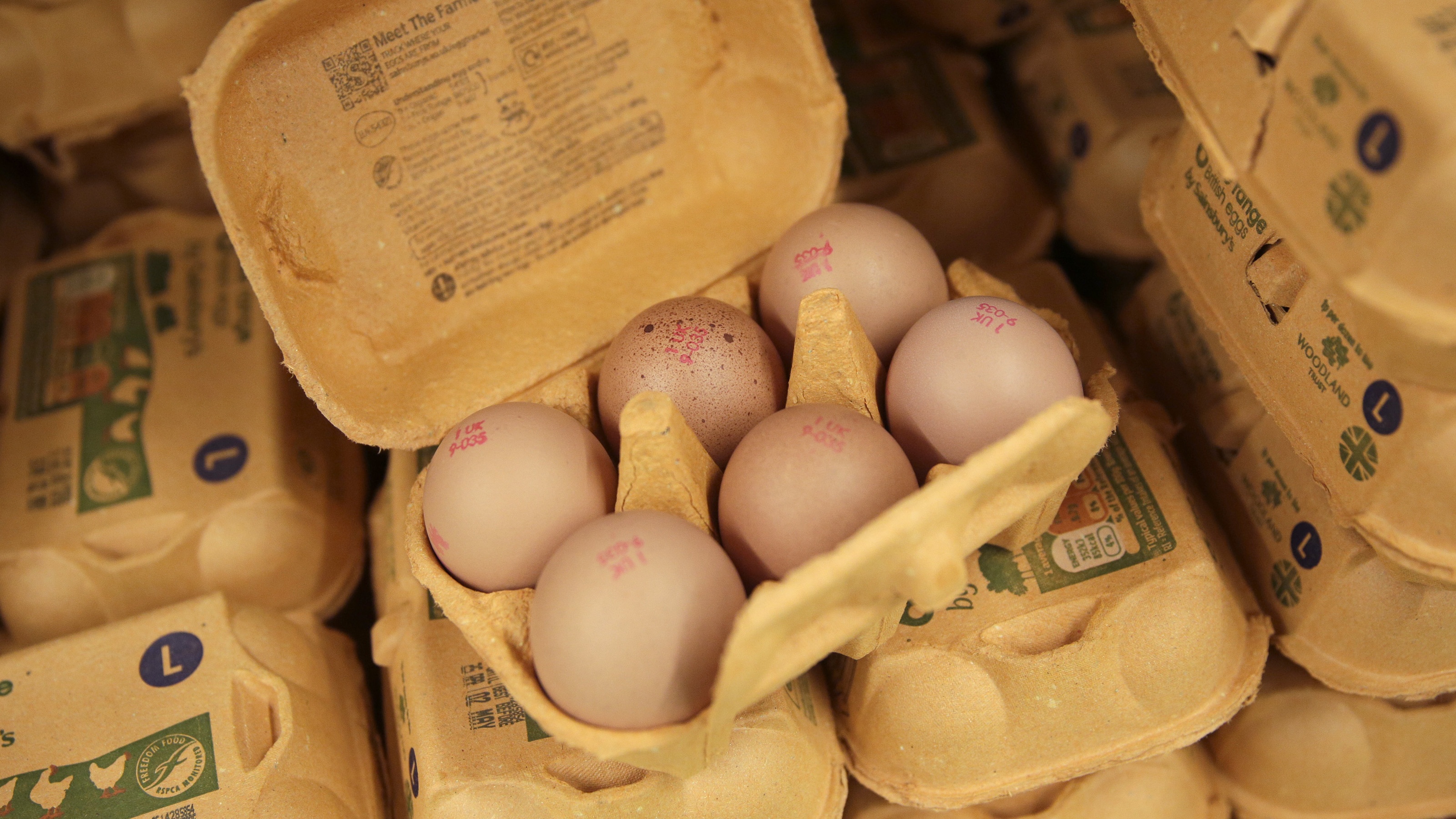 The UK’s Christmas egg shortage
The UK’s Christmas egg shortagefeature Supermarkets blame bird flu but farmers say unfair buying practices are driving them out of business
-
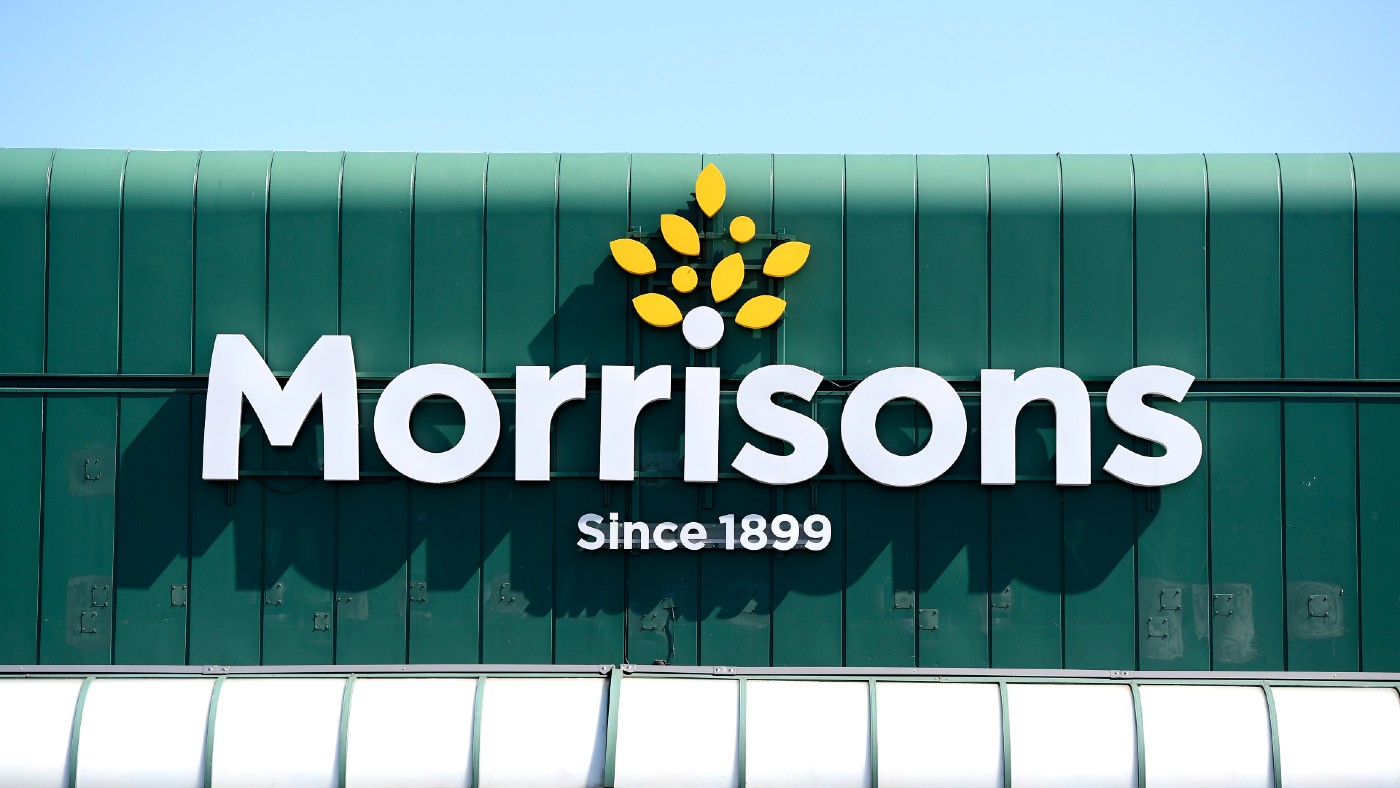 Supermarket sweep: Morrisons taken private
Supermarket sweep: Morrisons taken privatefeature Last weekend’s auction proved ‘strangely underwhelming’
-
 The battle for Morrisons
The battle for MorrisonsIn the Spotlight A vote of confidence in Britain? Or an unsavoury scramble by ‘private equity vultures’?
-
 Sales of Christmas puddings down on 2018
Sales of Christmas puddings down on 2018Speed Read Supermarket data shows slump in demand for festive food
-
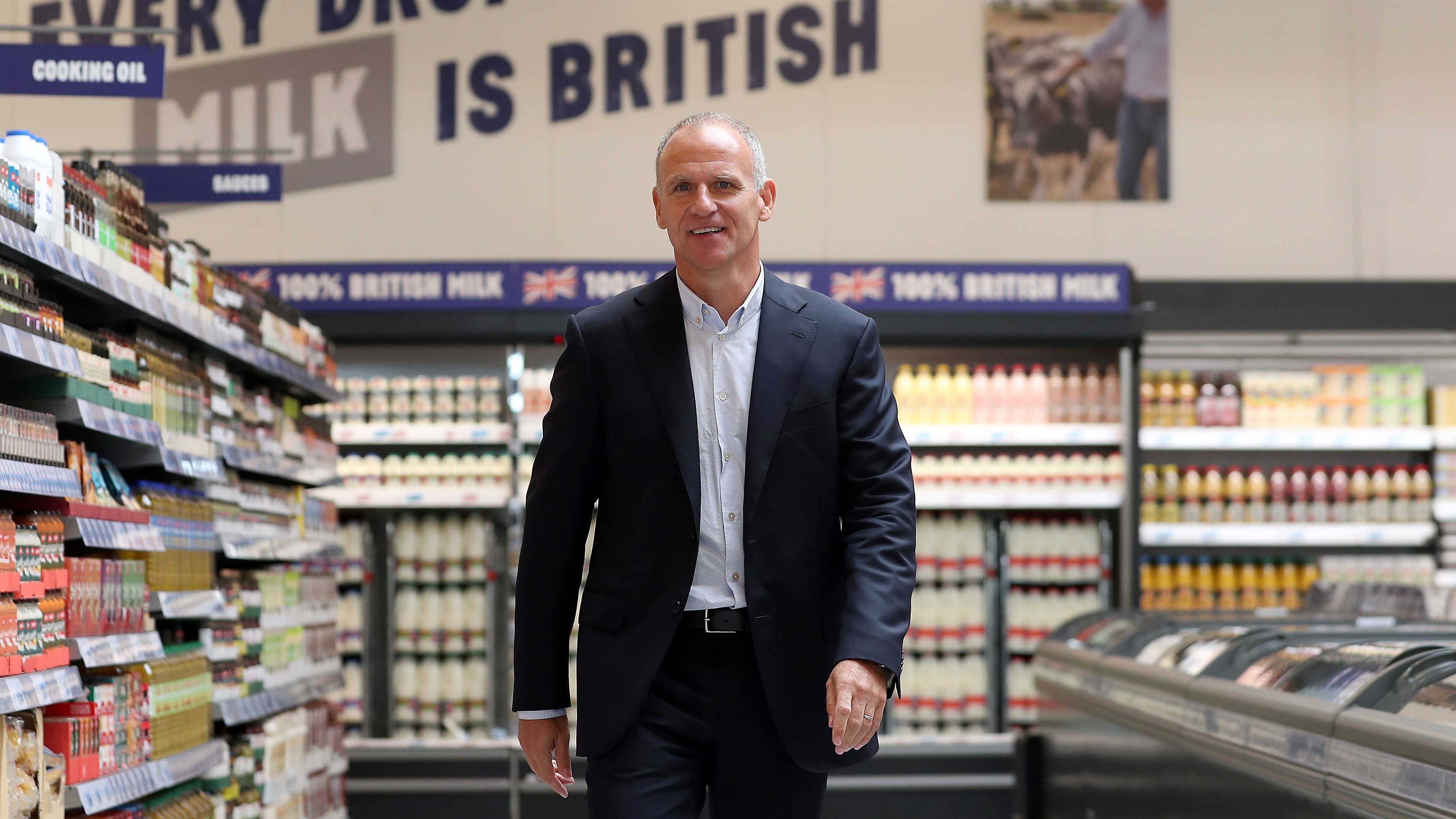 Why Tesco’s Dave Lewis is stepping down
Why Tesco’s Dave Lewis is stepping downSpeed Read The boss who turned Tesco’s fortunes around will leave CEO role in 2020
-
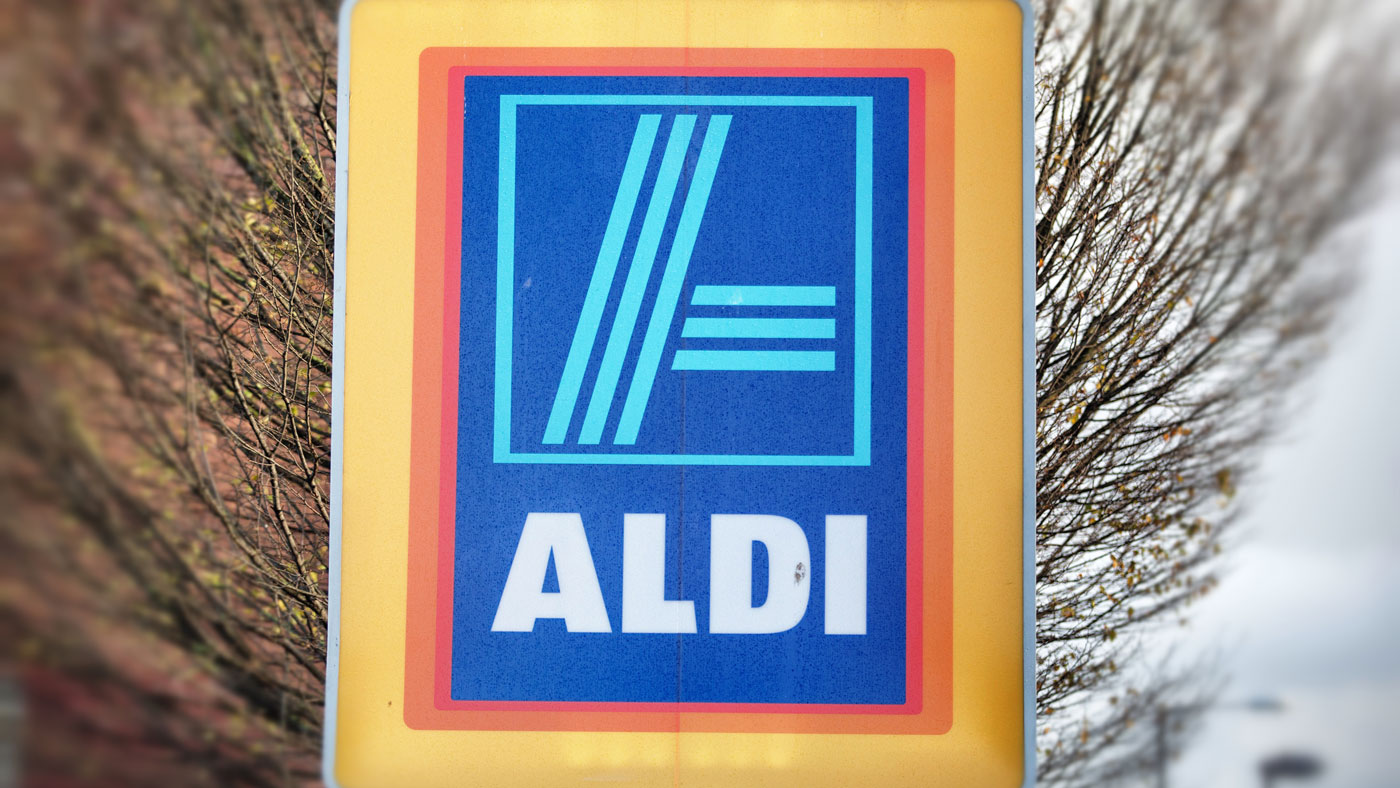 Why are profits collapsing at Aldi?
Why are profits collapsing at Aldi?Speed Read German discounter announces aggressive expansion despite sinking profits
-
 Why are supermarket sales flat?
Why are supermarket sales flat?Speed Read Brexit, fears of recession and price rises blamed for weak data
-
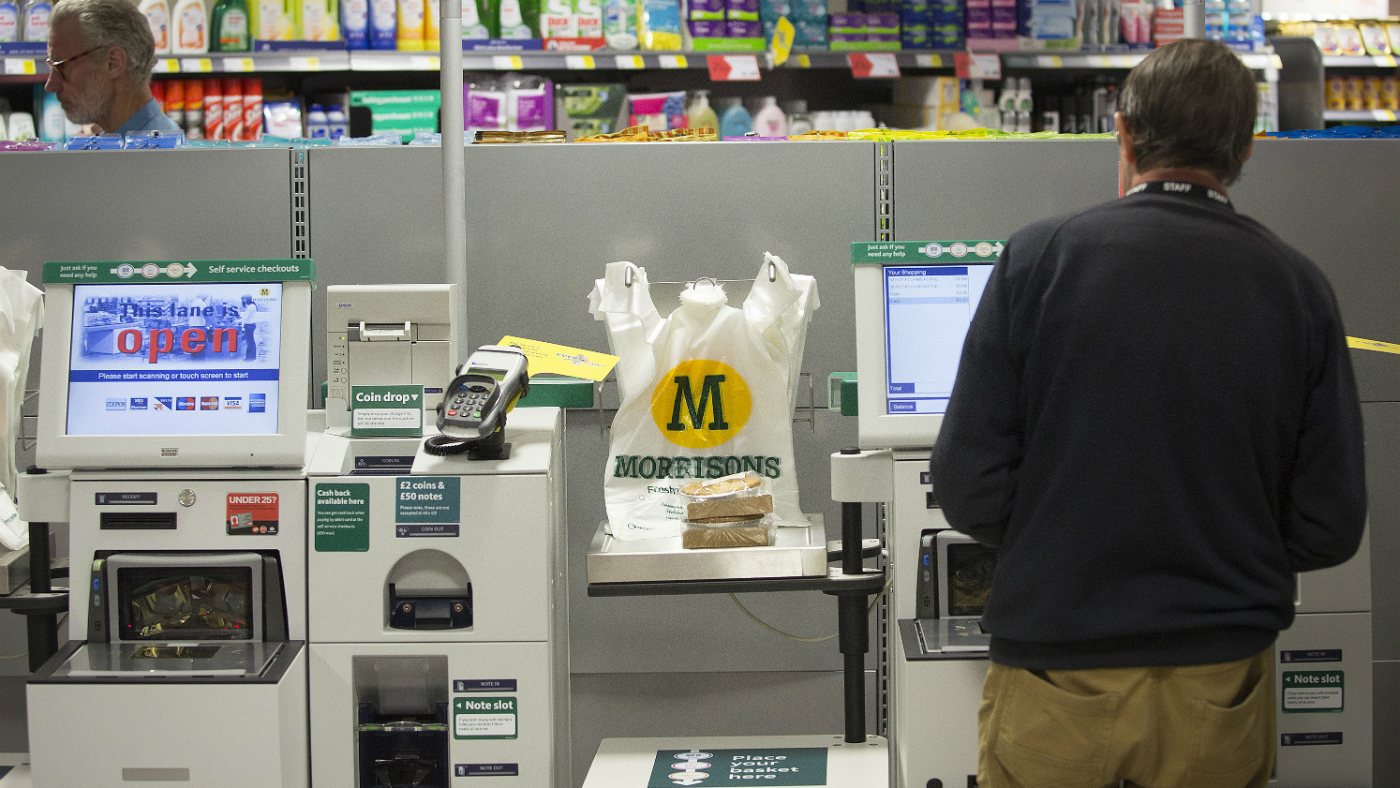 Will shoppers be charged for using self-service machines?
Will shoppers be charged for using self-service machines?In Depth MPs say 1p fee for using self-scan tills could raise £30m a year to ‘heal social divisions’